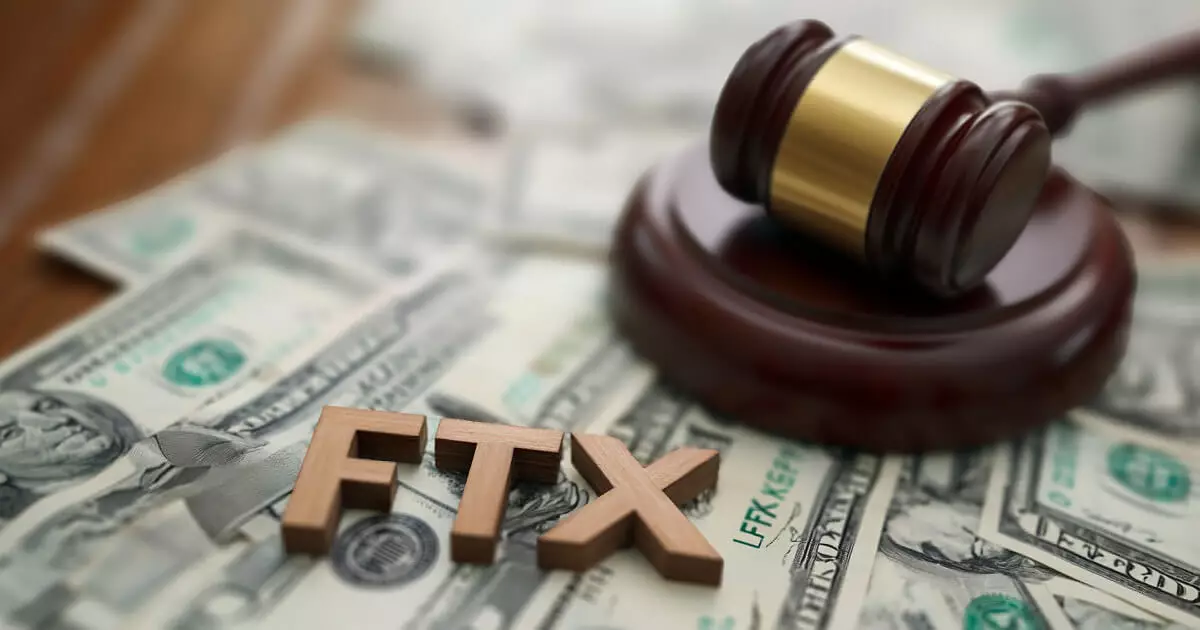The recent filing by the US Securities and Exchange Commission (SEC) has raised significant concerns over the proposed repayment strategy in the ongoing FTX bankruptcy case. The plan to repay creditors using stablecoins or other digital assets has sparked controversy and uncertainty in the industry.
In an August 30 court filing, the SEC expressed reservations about the legality of repaying creditors through stablecoins, hinting at possible challenges under federal securities laws. While not providing a definitive legal opinion at the moment, the SEC has left the option open to challenge these transactions in the future. This move has added another layer of complexity to the already intricate FTX bankruptcy proceedings.
The SEC’s filing also included a request to remove a discharge provision from FTX’s Chapter 11 Plan. This provision would have protected the company from certain legal liabilities in the future, a move that the SEC believes could hinder full accountability in the bankruptcy process. By reserving the right to object to the plan, the SEC aims to closely monitor FTX’s asset liquidation and distribution processes.
Industry Criticism
The SEC’s approach in the FTX case has faced criticism from industry experts, with many pointing out potential delays and complications in the bankruptcy process. Coinbase’s chief legal officer, Paul Grewal, criticized the SEC’s lack of clarity in a series of tweets, highlighting the uncertainty created by the regulator’s reserved right to challenge stablecoin repayments. This lack of clear guidance from the SEC has led to frustration within the crypto industry.
The SEC’s reservations regarding the use of stablecoins for creditor repayments raise questions about the classification of these digital assets as securities under federal law. If the SEC were to challenge FTX’s use of stablecoins and succeed, it could set a precedent affecting other companies and creditors involved in similar bankruptcy cases. This could potentially prolong financial hardship for creditors and complicate the resolution of bankruptcy proceedings.
Overall, the SEC’s concerns in the FTX bankruptcy case have cast a shadow of uncertainty over the repayment strategy and asset distribution process. The regulator’s reserved right to challenge stablecoin transactions has sparked criticism and frustration within the industry, pointing to the need for clearer guidance and regulatory consistency. The implications of the SEC’s stance on the use of digital assets in bankruptcy proceedings remain to be seen, as the industry watches closely for further developments.















